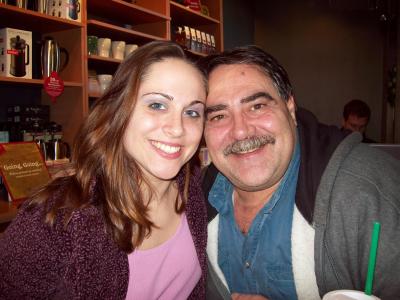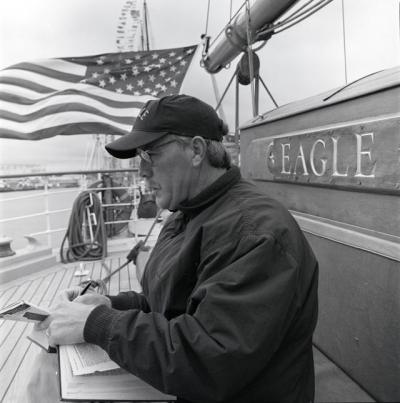Point of View: Mighty, Yes . . .
Point of View: Mighty, Yes . . .
The president has asked that we act more in harmony with each other, that we step up to the plate insofar as citizenship goes, that we not give in to antipathy and fear, and that we retain our native optimism.
(All this on the eve of the Steelers-Broncos playoff game! But I was listening. My petulance shall be measured, I promise, Gavin, should we lose.)
Delivered with humor and resoluteness (hardly the tone you’d expect from a diffident leader), the president’s cadenced address was essentially, as The Times said the next day, an appeal to our better natures. And why not, given the incessant demagogic frothing that has clouded the Republican candidates’ “debates” thus far.
What’s really scary is that if we — the majority of us — lend our ears, and our votes, to a rabble-rouser on Election Day, we will get the tyrant we deserve.
Plato said that in the normal course of things tyranny would succeed democracy, though this one has yet to tilt very much in the plebeian direction. Quite to the contrary, wealth and power continue to be ever more concentrated in fewer hands.
Poverty, a Times columnist said the day after the State of the Union address, stands at 14.8 percent now, higher than when President Obama took office. Coincidentally, Martin Luther King Jr., whose birthday we’re about to celebrate as I write, said — and this was in 1967, mind, almost 50 years ago — that “the curse of poverty has no justification in our age.”
We are mighty, yes, as Obama said, but we would be mightier still, and more of a shining example to the world, if the promise of our democracy, and the active and informed citizenry it requires, were furthered through an excellent education accessible to all. So that everyone has a chance to shape one’s life — and, by extension, one’s society — for the better.
Surely bombs won’t do it.


